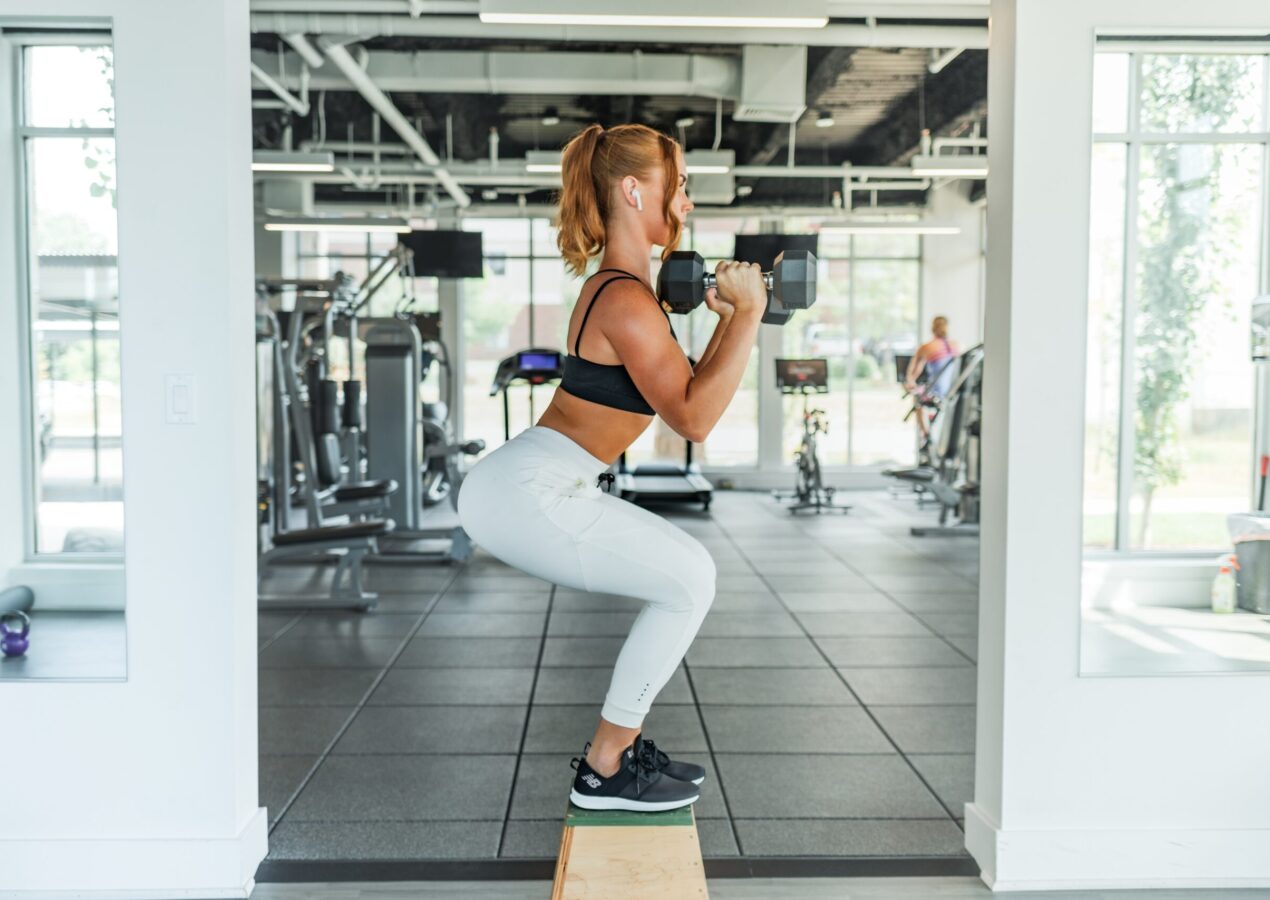We may receive a small commission for clicks or purchases made through our website or emails. This helps us fund the finds we share at no extra cost to you. Thanks for your support!
An injury can be a serious obstacle for those that are heavily involved in sports. While you may want to return to your chosen sport as soon as possible, doing so could aggravate your injury. This could result in a longer recovery process and could even possibly turn a temporary injury into a permanent injury. To help you return at the right time, here are just a few tips.
Know The Extent Of Your Injury
It’s important to get a diagnosis for your injury so that you can work out the best form of recovery. Don’t assume that you know exactly what the injury is – a painful sprain that doesn’t seem to get better could be a fracture.
Some people avoid getting medical attention for their injuries because of the cost. However, nowadays there are many forms of alternative funding from zero interest medical loans to payment plans. You may even be able to get legal compensation with the help of a specialist lawyer such as a traumatic brain injury attorney. Explore different types of funding to find the best option for you.
Listen To Your Doctor
Once you get a professional opinion, make sure to listen to their advice. They may suggest steering clear of certain activities such as lifting heavy loads or driving for a certain length of time. They’ll likely also suggest taking a break from your sport. Heed their advice – as difficult as it may be, it will help you recover faster.
Keep Active, But Keep It Easy
Bed rest all day won’t help you to recover faster – you do need to do some physical activity to stop joints and muscles from seizing up. At the same time, you need to be careful of the types of exercises that you do.
A physical therapist could be useful in this instance for recommending exercises that keep you fit while not aggravating your current injury. This is likely to include low impact exercises and slow stretches.
Get Enough Sleep
Sleep is important for our body’s healing process. Make sure that you’re getting seven to eight hours of sleep per night to help you recover at a good rate. Certain injuries may cause pain as you lie down and you may want to get professional advice on the best way to sleep to reduce pain (for instance, using carefully positioned pillows to stop you from rolling onto your injury).
Don’t Launch Yourself Back In
Once you’re ready to return to your sport, it’s important to ease yourself back in. Even if the injury seems to have healed, that part of your body may not be as strong as it once was, so you need to be careful of not overexerting yourself. You likely won’t be able to perform at the same level as when you stopped, so bear this in mind too – it could take a few weeks to get your strength and skill back to the level it was.

